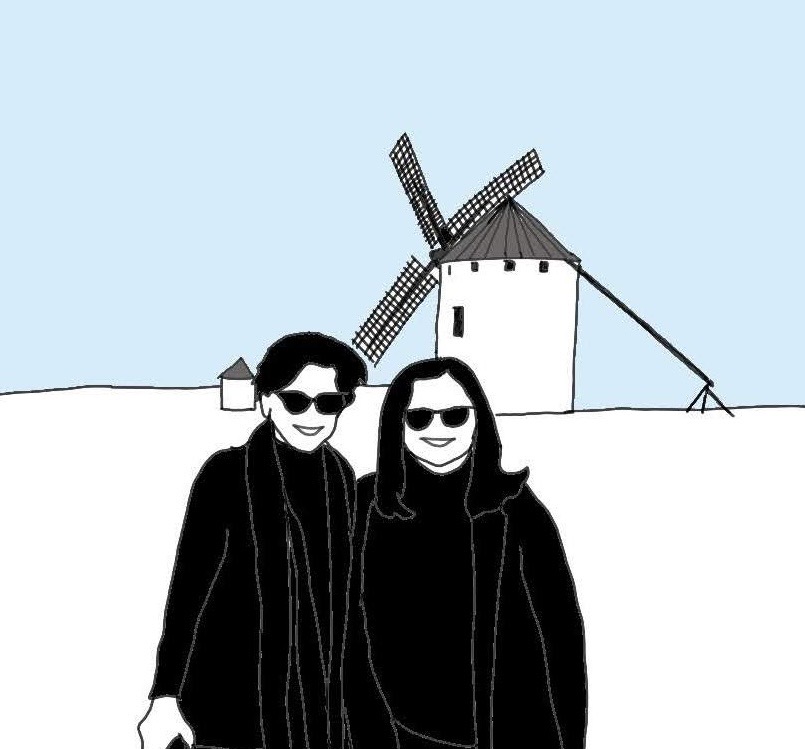
Anniqua Rana is the author of Wild Boar in the Cane Field, shortlisted for Pakistan’s UBL Literary Award 2020, and co-founder of the blog Tillism طلسم – Magical Words from around the World. Her writings on travel, gender, education, and books have appeared in Rova, TNS, Naya Daur TV, International Education, Ravi Magazine, Bangalore Review, Fourteen Hills, The Noyo River Review, and other publications. She has taught at the San Mateo Community Colleges, University of San Francisco, Lahore University of Management Sciences, and Stanford University. She travels, writes, and lives between California and the Potohar region of Pakistan.
First, I’d love to hear about your influences. What inspires you, as a reader and as a writer?
(AR): Recently, I heard Carvel Wallace talk about his memoir, Another Word for Love—about the loneliness of an only child of a single mother suffering from addiction and homelessness. He talked about leaving space for readers to enter the narrative. As he read passages tracing the loneliness of his childhood to the worldliness of a well-traveled and well-read journalist, podcaster, and writer, he also mentioned his early education and the influence of drama, in particular, Shakespeare, on his work as a writer.
What was interesting for me is that I am also reading about Shakespeare in The Man who Pays the Rent by Judy Dench. This took me back to my childhood when my mother—a literature enthusiast—first introduced me to the likes of Shakespeare and Cervantes.
More recent additions to my library include The Work of Art—analyzing how artists across the spectrum think and create their art. Also, the Nature Writer, Linda Cracknell’s memoir, Doubling Back: Paths trodden in memory—about walks she has taken and the history around them—is helping me think of the path I am taking while writing my own memoir, That These Should be Lies: Tilting at Windmills.
I am always inspired and influenced by writers who create a space for me to enter their narrative.
Other influences are culture and gender specific, Shehnaaz Habib turns travel on its head. She says, “European male is the de facto observant superior with surroundings that made me realize that my
personal story of discomfort is connected to this larger history of how travel and tourism are created from specific ways of seeing the world.” My current work is about travel, and I am very aware of how I see the world and how I present it to my readers.
When I was a teenager, growing up in Pakistan, Bapsi was the first local writer who pulled me into her world of South Asian history and culture. I had not read contemporary writers from Pakistan before, and I was lucky that she was one of the writers who shared a blurb for my novel Wild Boar in the Canefield.
On that note, tell me a little bit about the writing process and inspiration for your debut novel, Wild Boar in the Cane Field.
(AR): I grew up on a farm in Pakistan. That experience was so unique, and I know that from friends in school and college, urban life was dramatically different. When I realized that uniqueness, I felt I had to write about it.
So first I started writing about that experience in essays. It took a few years before I realized I wanted to create my own magical world, where flies are the witness to the lives of Tara and the people around her. Tara, a baby covered in flies, rescued on a train by Amman Bhaggan and Bibi Saffiya, is inspired by the resilient women of that region.
When and how did you first realize that you wanted to pursue writing professionally?
(AR): I was six when I wrote and bound a book of poems but didn’t we all! Then, as a teenager, I started to write a novel but was so intimidated by the process, I left it and wrote academic papers instead. Then somewhere when I felt settled as a professor at the community college where I’ve been for over twenty five years, I decided to return to writing creatively, for myself.
Then, I started to attend conferences, like the Mendocino Writers Conference, and the San Francisco Writers Conference, and I became more motivated. I learned about the communities of writers like the California Writers Club, The Writers Grotto, and, of course, the Women’s National Book Association, and I started taking it more seriously.
That’s what led me to publishing my first novel. And since then I have been writing fiction, creative
nonfiction, and memoir.
You have an extensive background in higher education, particularly international education. How does that background factor into your writing?
(AR): One of the highlights of the California community college system—where I work—is that it is open to all and from my understanding and research it is the only such system internationally that allows anyone to re-introduce themselves into an academic, professional, or vocational field. I have also taught at universities here and in Pakistan and provided training extensively to colleagues in both systems.
As an educator, I invite people into a world of ideas that is new to them. As a writer, I encourage my reader to focus on images and themes that are important to me because of my experience in education for over thirty years. Writing is a way for me to add more of myself to what I share with the world and helps me enter the story-telling community that has always inspired me.
Can you tell me a bit about Tillism طلسم – Magical Words from around the World? What
inspired you and your co-founder, Selma Tufail, to create and curate that space?
(AR): When COVID hit, Selma was in Malaga, Spain and I was in California. We started connecting by taking online classes together. We revisited Urdu literature in one of the classes and we focused on digital storytelling in another. Then we joined the local Shut Up and Write Groups. And they were a lifesaver.
We realized we enjoyed this collaboration and wanted to share what we had written with our friends. Then we invited others to post with us—poets, sculptors, visual and thread artists—all of them from Nigeria, Canada, UK, Pakistan, India, and the US, chose to come together and share their perspective on how literature, art and creativity and the languages that they were exposed to impacted their life and thus tillism.com was born.
I hear that you’re currently working on an exciting new project, That These Should be Lies: Tilting at Windmills. What can you share with our readers?
(AR): Selma and I are sisters. We’ve taught in the same institutions, traveled together, and connected often through art and literature. We share memories that we don’t always agree on, and that is where we find humor in our lives—and rather than argue, we laugh about the discrepancy. We wanted to share that humor with others.
We know there are others like us. Others who have lived full lives and have much more to learn and give—most importantly to create. So we decided to invite them on a vacation through the cobbled streets and courtyards of Spain in That These Should be Lies: Tilting at Windmills.
As we travel, we take our readers to our childhood with humorous conversations of monsoons and mangoes in Pakistan, and crumpets and tea in London. All this helps us escape the pressure of our personal and professional lives. Along with these tender memories, we are reminded of the military rule that they endured in Pakistan.
Following our literary mentor Cervantes, we fight against windmills of our past and present and
plan the next phase of our lives.
Finally, as a published author yourself, is there any advice that you’d like to share with aspiring writers?
(AR): Enjoy the creative process of writing. You will find your voice and niche as you support fellow writers and encourage them to share what they have written.
There will always be someone—or many—who are waiting to read what you are writing, so find a
platform to share your thoughts whether formally or informally.

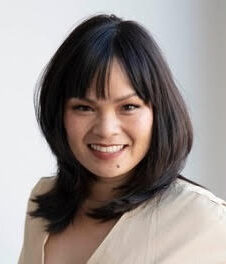 Christina Vo is a writer based in Santa Fe, New Mexico. Her work reflects her commitment to understanding and sharing the complexities of the human experience. Christina’s debut memoir, The Veil Between Two Worlds: A Memoir of Silence, Loss, and Finding Home, demonstrates her ability to weave personal experiences into broader narratives about identity, home, and belonging. Her second book, My Vietnam, Your Vietnam, an intergenerational memoir co-written with her father, was published in April 2024 and recently selected for the Ms. Magazine Most Anticipated Feminist Books of 2024. She has worked internationally for UNICEF in Vietnam, the World Economic Forum in Switzerland, as well as served as a consultant for nonprofits.
Christina Vo is a writer based in Santa Fe, New Mexico. Her work reflects her commitment to understanding and sharing the complexities of the human experience. Christina’s debut memoir, The Veil Between Two Worlds: A Memoir of Silence, Loss, and Finding Home, demonstrates her ability to weave personal experiences into broader narratives about identity, home, and belonging. Her second book, My Vietnam, Your Vietnam, an intergenerational memoir co-written with her father, was published in April 2024 and recently selected for the Ms. Magazine Most Anticipated Feminist Books of 2024. She has worked internationally for UNICEF in Vietnam, the World Economic Forum in Switzerland, as well as served as a consultant for nonprofits. Thursday, August 22nd at 12 – 1pm PDT
Thursday, August 22nd at 12 – 1pm PDT  Debra Eckerling is the award-winning author of Your Goal Guide: A Roadmap for Setting, Planning, and Achieving Your Goals and creator of the D*E*B METHOD® for Goal-Setting Simplified. Debra helps busy professionals get their book ideas out of their head and onto the page … with less stress. She also helps them craft book proposals that keep them organized, focused, and positioned for success.
Debra Eckerling is the award-winning author of Your Goal Guide: A Roadmap for Setting, Planning, and Achieving Your Goals and creator of the D*E*B METHOD® for Goal-Setting Simplified. Debra helps busy professionals get their book ideas out of their head and onto the page … with less stress. She also helps them craft book proposals that keep them organized, focused, and positioned for success.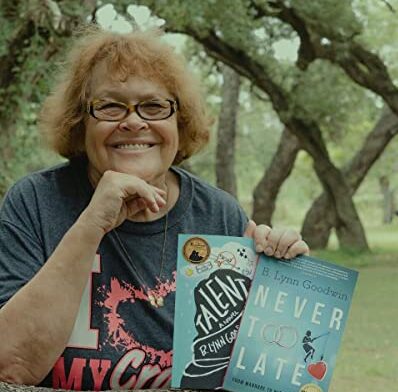
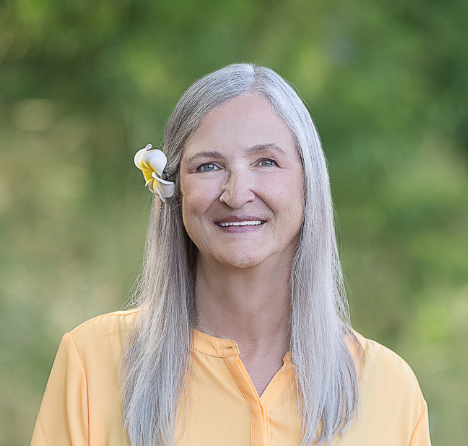 After the deaths of two husbands, as well as the many family members and friends, Emily Thiroux Threatt has much experience in the grieving process and has learned to face life with love, optimism, and joy.
After the deaths of two husbands, as well as the many family members and friends, Emily Thiroux Threatt has much experience in the grieving process and has learned to face life with love, optimism, and joy.
 Peter Rubie has been in New York publishing as an agent, editor, and published writer for nearly forty years. He is the CEO of FinePrint Literary Management, an NYC-based literary agency with 5 active agents, and began in publishing working as a freelance reader and freelance editor for major “Big Six” publishers (as they were then) before becoming the adult fiction editor at Walker & Co. from 1985 to 1991. He became an agent in 1992 and formed his own agency in 1998.
Peter Rubie has been in New York publishing as an agent, editor, and published writer for nearly forty years. He is the CEO of FinePrint Literary Management, an NYC-based literary agency with 5 active agents, and began in publishing working as a freelance reader and freelance editor for major “Big Six” publishers (as they were then) before becoming the adult fiction editor at Walker & Co. from 1985 to 1991. He became an agent in 1992 and formed his own agency in 1998.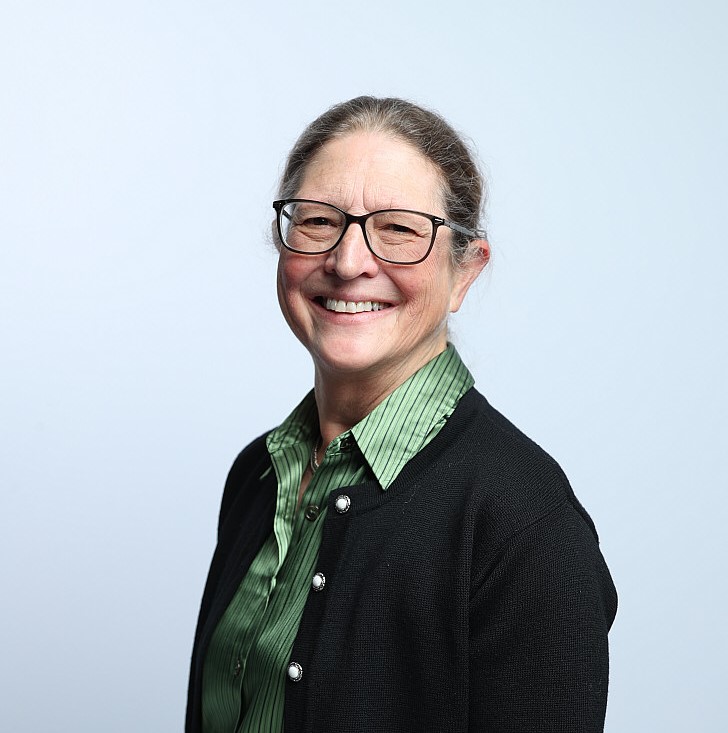
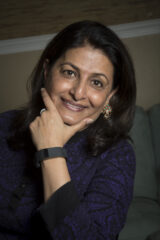
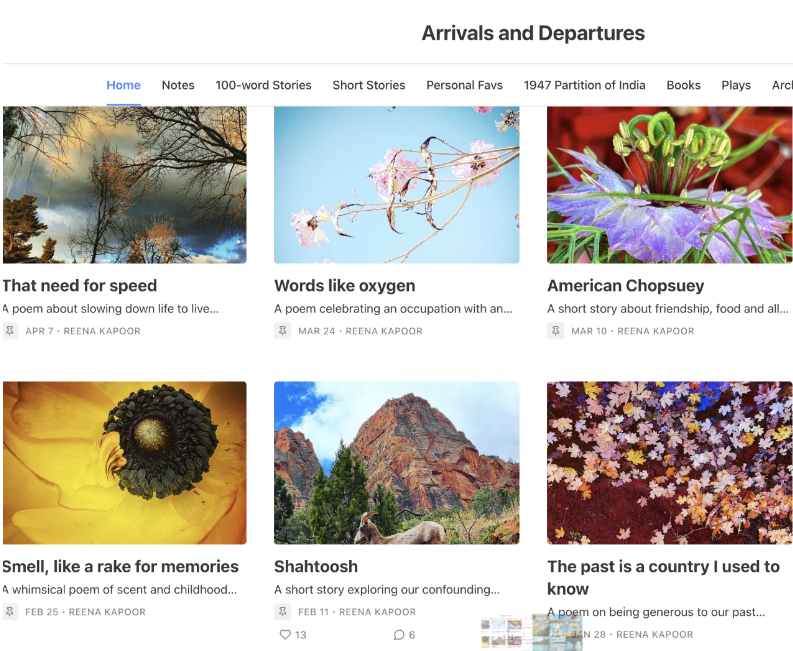
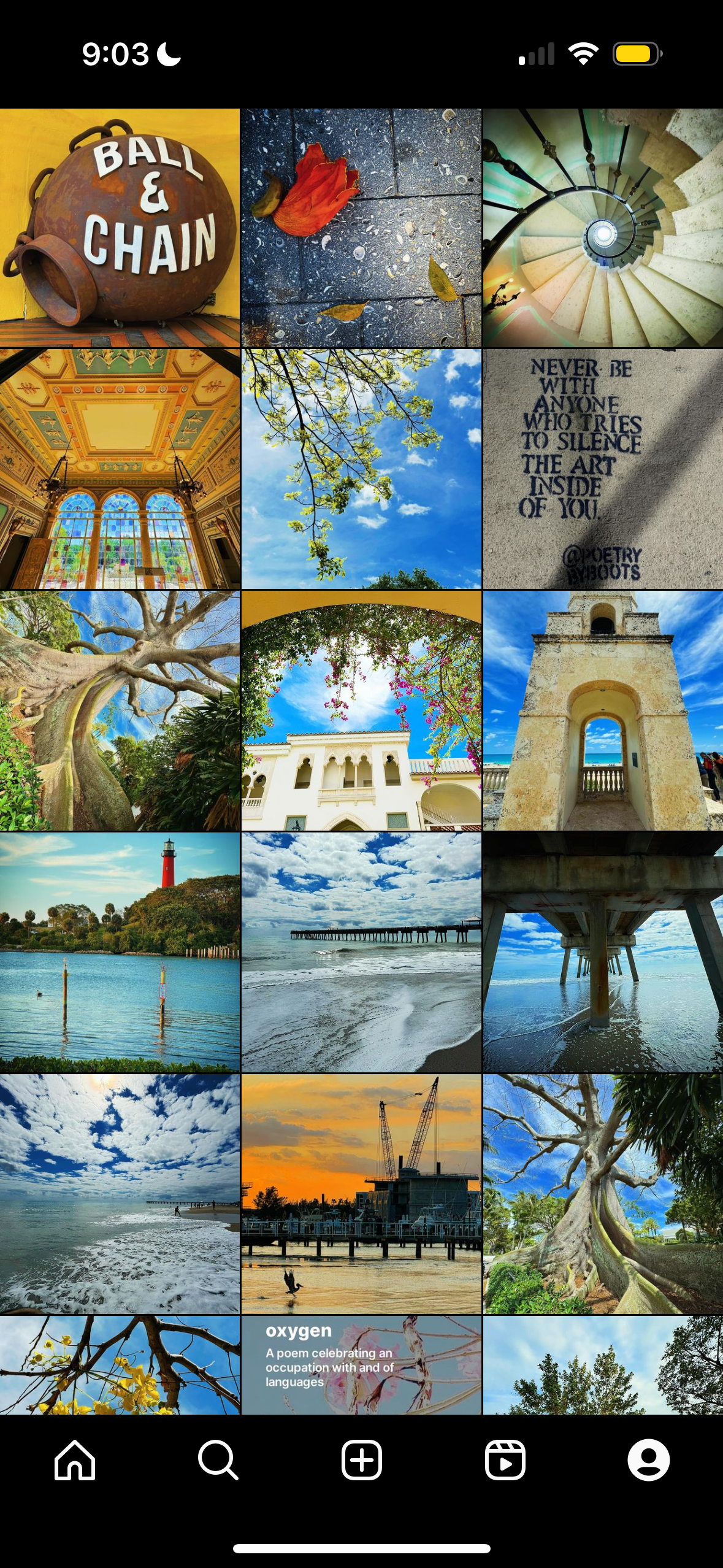
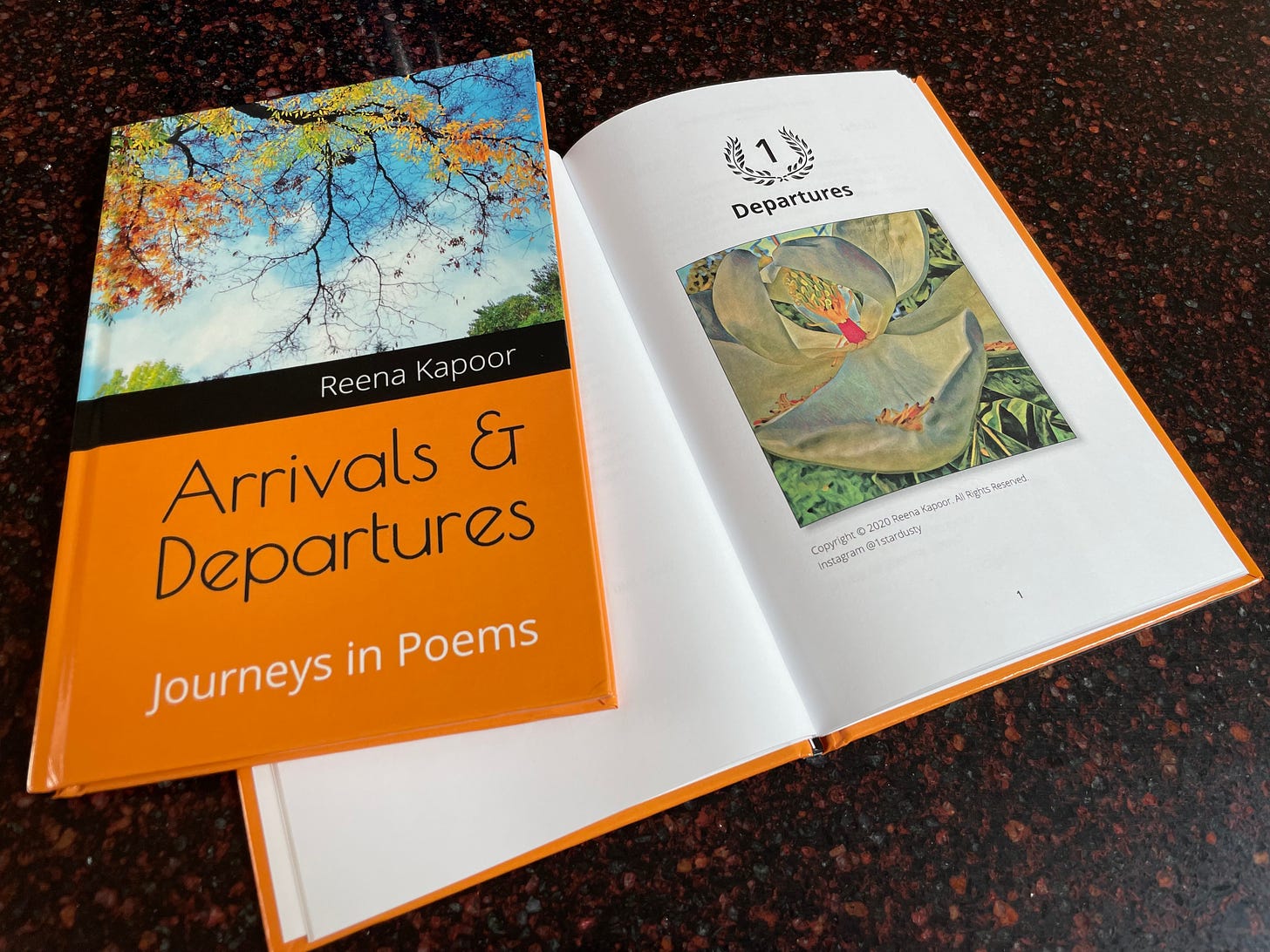 A lot of the poems are also from a unique personal history of my family’s origins which is tied to the history of India. India became independent from British colonial rule in 1947 and at the same time India was partitioned into two countries Pakistan, which became an Islamic Republic, and India, which continued on as a secular Republic. Unfortunately, this was not a peaceful split. A great upheaval, terrible violence and tragedy followed as both Hindus and Muslims who found themselves on the “wrong” side of the border (based on religion) were forced to flee their generational homes, their lives and the only homes they’d ever known. Both my parents were refugee children whose families had to leave everything in what now became Pakistan to move to the new India. Several of my poems are about this 1947 Partition of India, and the tragedy and traumatic aftermath of that event. In particular, my interest has been on the effect it had on women and injustice and tragedy that they suffered during Partition. Those poems are also part of my collection. I continue to write essays on that subject as well.
A lot of the poems are also from a unique personal history of my family’s origins which is tied to the history of India. India became independent from British colonial rule in 1947 and at the same time India was partitioned into two countries Pakistan, which became an Islamic Republic, and India, which continued on as a secular Republic. Unfortunately, this was not a peaceful split. A great upheaval, terrible violence and tragedy followed as both Hindus and Muslims who found themselves on the “wrong” side of the border (based on religion) were forced to flee their generational homes, their lives and the only homes they’d ever known. Both my parents were refugee children whose families had to leave everything in what now became Pakistan to move to the new India. Several of my poems are about this 1947 Partition of India, and the tragedy and traumatic aftermath of that event. In particular, my interest has been on the effect it had on women and injustice and tragedy that they suffered during Partition. Those poems are also part of my collection. I continue to write essays on that subject as well.